
Aktuelno
Članak
Religion and politics: Mutual need
Last Spring I wrote for one digital media about politicization of religion and sacralization of politics.
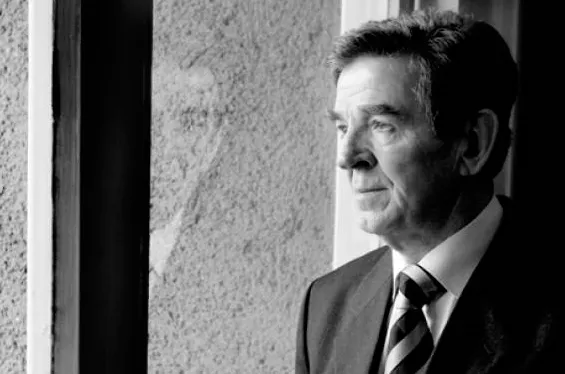
By: Prof Dr Esad Durakovic
Last Spring I wrote for one digital media about politicization of religion and sacralization of politics. An eternal topic, sometimes more and sometimes less current, and in our BH context, especially over the past quarter of the century, dramatically actualized due to the war which was, in one very important aspect, a religious war too.
The tragedy is in that, the religious elites and the highest religious institutions have not learned appropriate lessons from that horrific war which was both a war of religions and a war of aggression (aggression by the neighboring countries). Instead, they keep working in the same direction: confusing national with religious, always opposing other national and religious groups. And because of that permanent presence of negative relationship between religious and political/national, I will refer to my own writing, with hope to be excused for doing so.
Religions and wars – it is tight alliance, as old as the human kind. The history of human kind has been characterized by wars, while the times of peace have been nothing but episodes in that constant human incapability to finally learn the humanity, or the humanity as the eternity.
That constant relation between religions and wars means that the human kind has been always living in some sort of paradox because the faith/believing is in its essence incompatible with fighting – the aggressive one which has to be differentiated from what is necessarily self-defense. In every religion, God is – essentially, meaning theologically unfalsified – incomprehensible as a murderer of other, different people/nations; He is not a warmonger, He does not promote crime and devastation but coexistence.
Having said that, religion and politics have always been in some sort of pact, or more precisely – the clergy and politicians (hat off to any exceptions!) as a rule of thumb make alliances for sake of mutual realization of power and influence, even more than wealth, so in such alliance both side commit huge, fundamental violence.
The faith communities that is, their highest institutions (ergo, the clergy too) consider themselves invited to interpret faith in all its aspects, and accordingly, determine the members of other faiths not only as different but as adversaries, as a constant potential threat; consequently, the other side, having faced suspicion, antagonism and threat, will take the same stance etc.
At the same time, here in our region we have a particular, additionally worsened situation – that religions are confused with nations (by majority) so the religious institutions consider themselves invited to 'protect' and 'promote' their own nation by 'protecting' and 'promoting' their faith. It is the first level of fundamentally institutional falsification given that every faith is essentially supranational, or international.
That's why during the dramatic fall of Yugoslavia we had situation where some religious communities/clergy, using their sacral and national authority, encouraged mass killings and devastation, sending off soldiers and armies of robbers and looters to their crime spree with their religious blessings, therefore, as supreme authorities.
In such conditions – when the nation and the religion are one, and consequently when those who are 'different' are labelled as an antagonist and thus potentially dangerous – then in the space of destructive falsification comes in the politics which considers itself invited to 'promote' and 'protect' its own people and their faith, which in our historical and current circumstances regularly includes - as it is unfortunately proven by the reality – antagonism towards others, which tends to escalates to the most dramatic conflicts.
That's how a new phase of falsification is entered, which is dramatic and tragic precisely from the standpoint of religion, to be explained below.
Politics and religion are considerably different that is, there are incompatible in vital, basic premises. I will mention just a few, as this problem calls for a full study. But prior to that, I would like to emphasize that, in the region of entire former Yugoslavia, religion and politics are in strong convergence – or religious institutions and politicians, to be more precise. It has to be borne in mind. Religion belongs to the sphere of universal and eternal, the Supreme; its 'scope' includes the highest and most stable values.
The politics – as much pretentious as it may be – deals with the particular and temporary, almost momentary; it is unreliable because its highest interests are pragma and profiteering for sake of which it shifts positions, orientations, preferences... The politics is the art of maneuvering; the religion is commitment to permanently stable values and principles as valuables. That's why the politics should be oriented towards that stability, the religion for them should be a constant and reliable corrective as it represents a stable and supreme spiritual, ethical code, or a system.
In other words, it is clear that an authentic, stable religion and its institutions and clergy, should not allow itself to be used, to function as an infrastructure of any political party or its leader; the faith community/institution is essentially supraparty.
That's at least how it should be, but it isn't. In our reality, there has always been a tight alliance between the clergy and the politicians, i.e. between religion and politics so in our circumstances it is possible to talk of monstrous inversion: about (harmful) politicization of religion and, at the same time, about (equally harmful) sacralization of politics. Such relation gives birth to most discouraging results, which is the point of this analysis.
It is highly unlikely that you will hear the clergy to criticize or anathemize in their faith facilities or in the public in general, the politicians known for running to houses of God to pray, who are also known for their 'commitment' to bribery, corruption, nepotism i.e. everything that religion condemns. Most of clergymen do not raise the issue of it for their own lack of believer's strength and consistency to resent those who feed them power and other benefits.
The politicians, at their end, with their 'piety' and professed protection of their people's faith, provide the religious institutions with certain amount of authority before their people, or at least before the parts of it that are considered important. It is a two-way exchange of energy that is negative in its essence, as both sides misuse and sell their faith; they have turned it into a miserable and blasphemous as far as religious principles are concerned.
What kind of believer and what kind of prayer of any clergy does not condemn politicians' actions when they are deeply in conflict with the faith?!
Any such clergy enjoys false authority, and it is hypocritical vis a vis its own religion and God i.e. faith.
At the same time, the politicians who tend to use the fragile faith of the clergy while keeping up with formalities of worship as a pose, even though they commit most sinful deeds in other everyday political activities – they are also the biggest hypocrites! And both sides present themselves as leaders! Measured by human criteria – and God knows the best! – They are both blasphemous (of course, hat off to the exceptions) more so as they do it consciously and for sake of relatively short-term interests. The religion should be above that. Religious institutions should be supraparty. However, we are referring to an alliance as a wicked disease, on both sides, consequently the negative energy of that alliance is enormous.
So the Gates of Hell are already before us.
Just before the elections in BiH, the highest level of one religious community sent out a message – a harmful and unnecessary one for a religious community – that people 'should not choose representatives for other people'.
However, following the elections, from another religious community, also from its highest level, arrives an absolutely shocking message. Making reference to the election of Zeljko Komsic for the presidency, the author of the message said: Hitler, too, came into power by law.
Such comparison has a series of fatally wrong and harmful aspects and connotations. It suggests that a member of one nation is recognized only by the faith community and political party he or she belongs to. Furthermore, the citizens' right to choose whomever they wish is severely reduced, followed by something nowhere else in the world can be seen: the elections are not elections; they are fake, with defect; since they are so driven, they can't be free elections.
Last but not the least, and certainly most shocking, the second statement compares Mr. Zeljko Komsic to Hitler, which is wrong and monstrous. The latter because the message – given its high authority level – creates a context of hate, fear, bias and suspicion; it is a call of the highest religious authority to resist alleged Hitler in BiH (call to war and chaos!), aimed at realizing the highest form of alliance between the politics and religion, which would eventually be a successful investment for future rifts.
Comparing choice of Zeljko Komsic with that of Hitler has outdone all previous misusing and abusing of religion for destructive goals of one failed politics. The eternity has been wasted for a deviant momentariness.
The negativity of such message in the given context is just inexpressible.
The statement thematized at the end of this analysis yearns desperately for any kind of 'amortization' such as wrongful broadcast by media etc.
#English
Najnovije
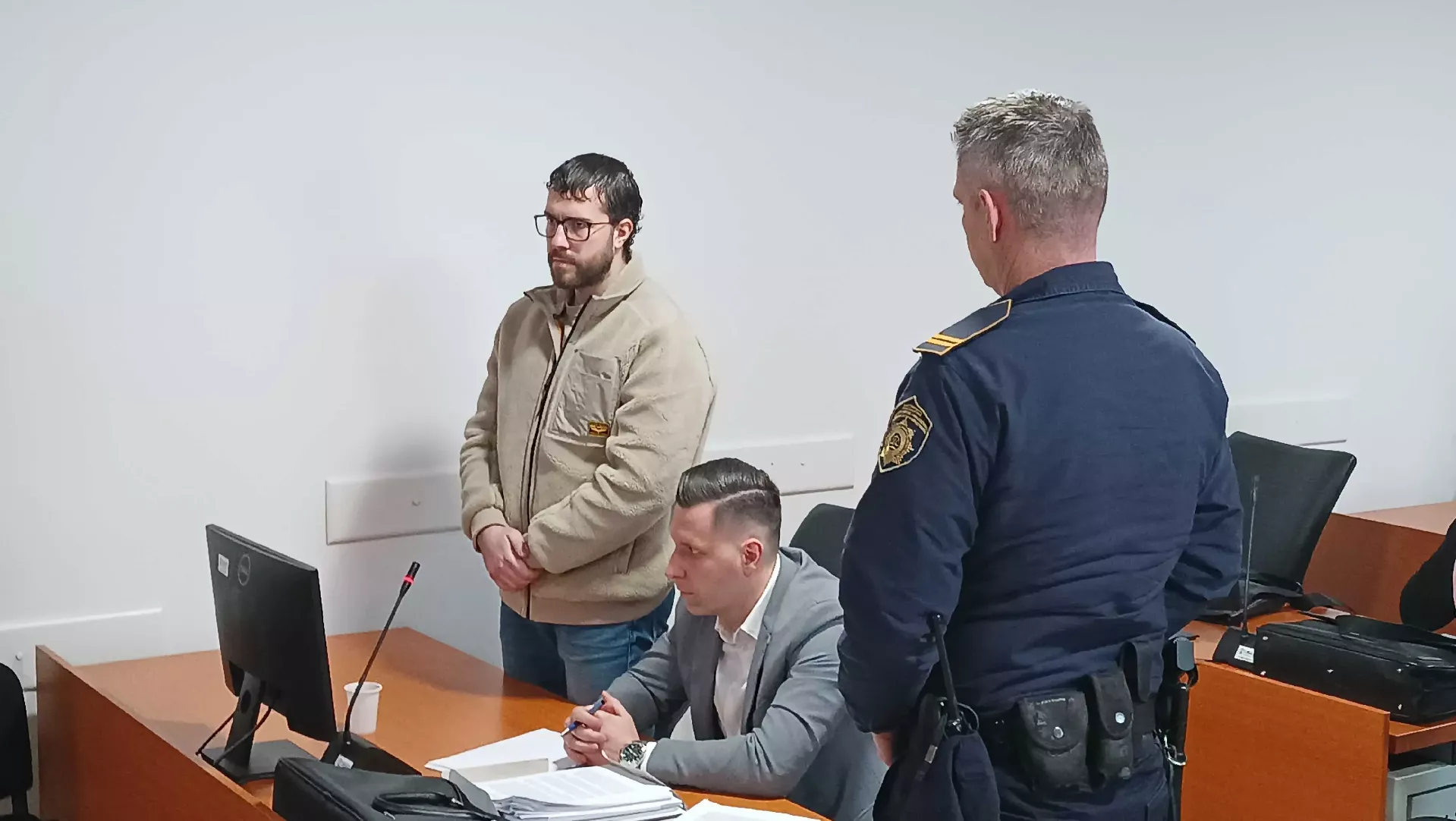
Ukinut pritvor Ahmedu Kastratiju, optuženom za ubistvo Saše Vilušića u Tuzli
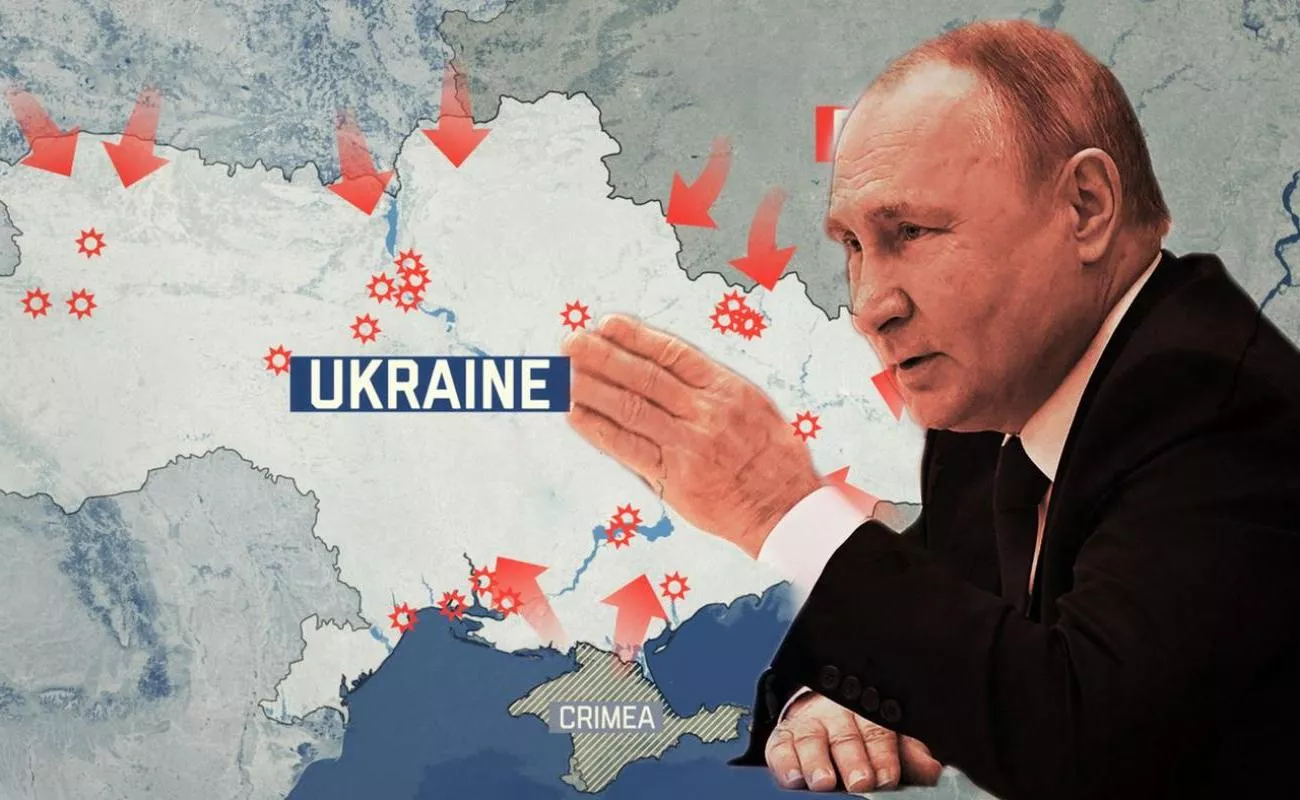
Četvrta godišnjica ruske agresije na Ukrajinu: Putinova greška koja Rusiju mnogo košta
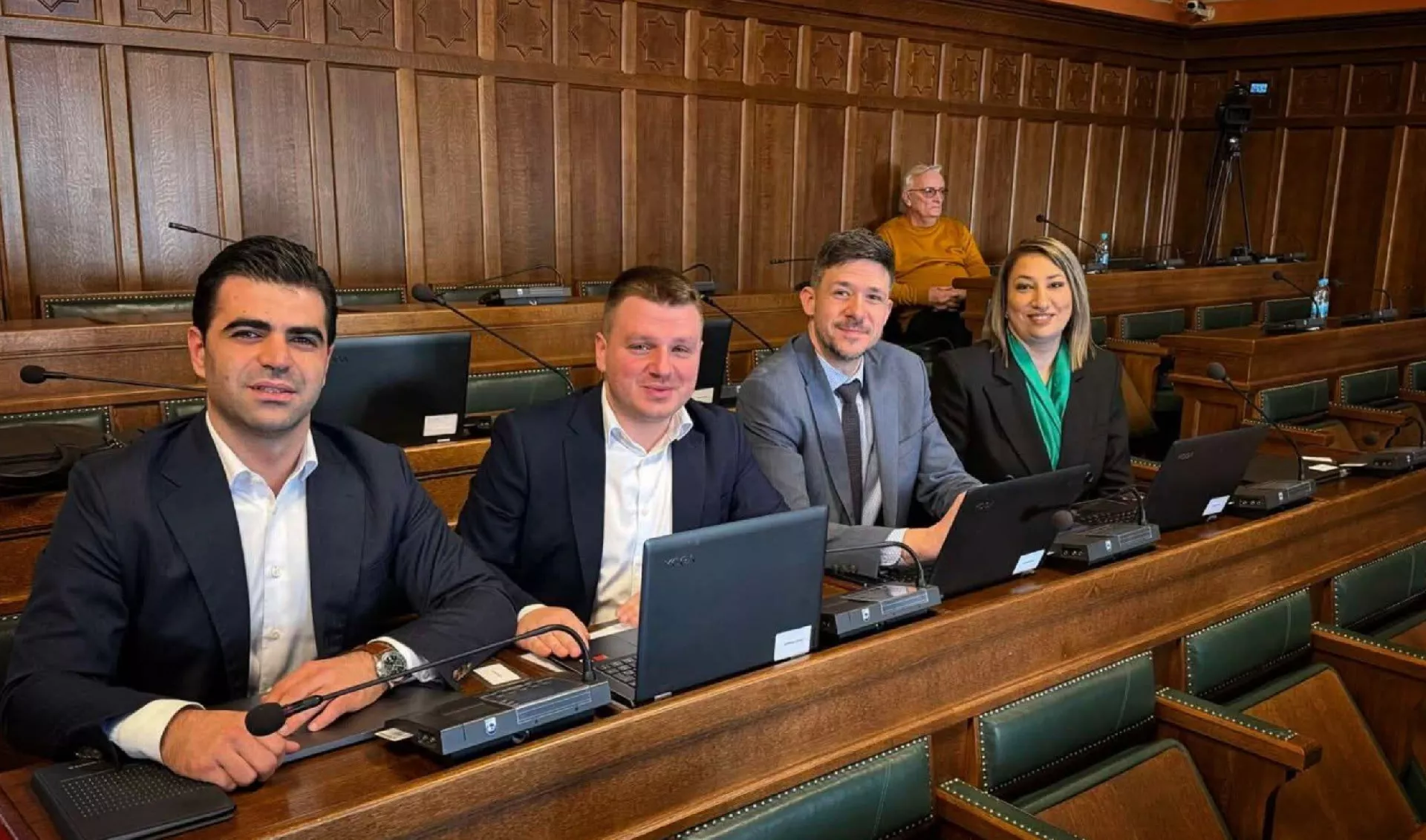
Klub vijećnika SDA u Gradskom vijeću: Sarajevo u ovom trenutku nema zakonito izabranog gradonačelnika
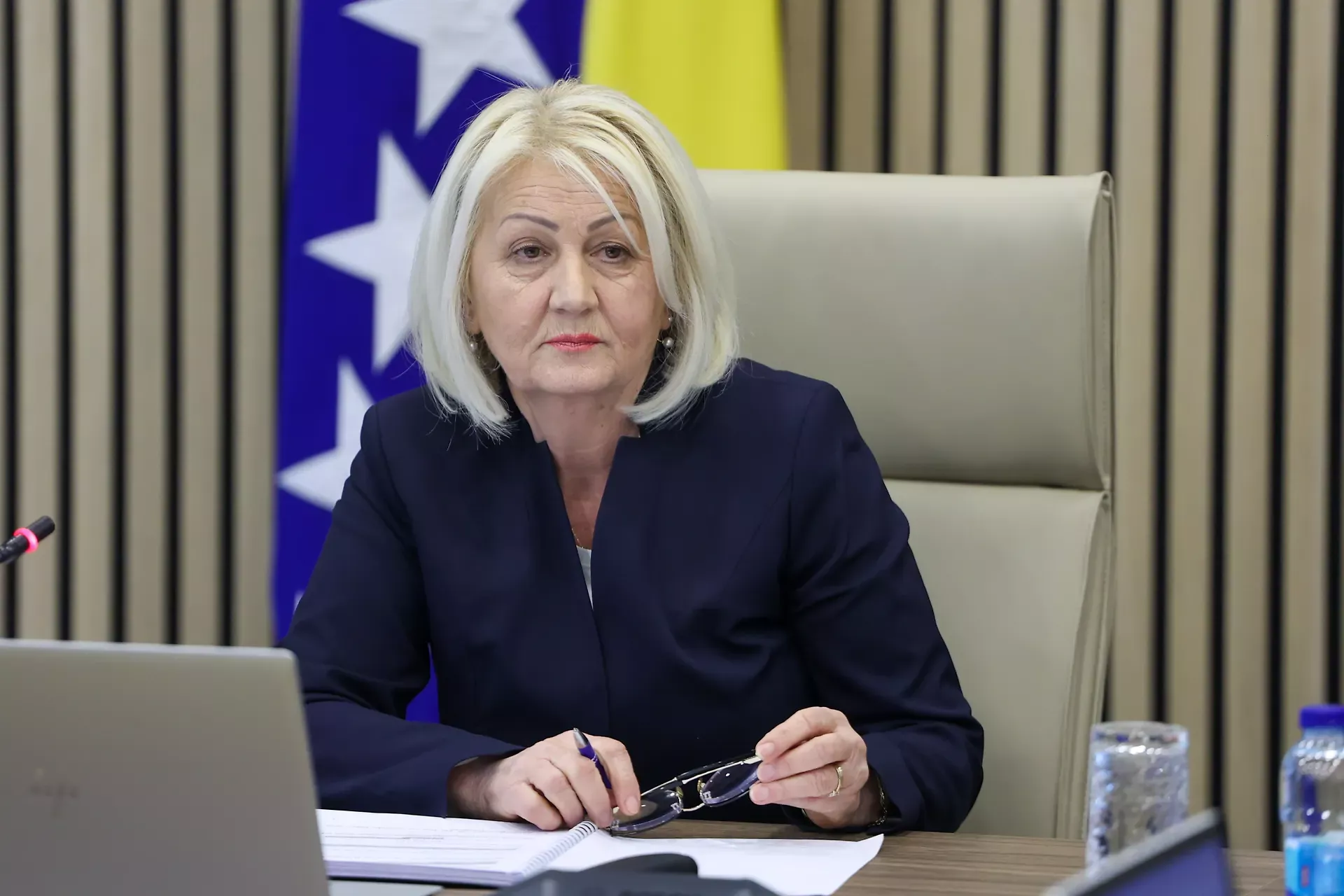
Krišto: Vijeće ministara BiH u potpunosti podržava projekt Južne interkonekcije
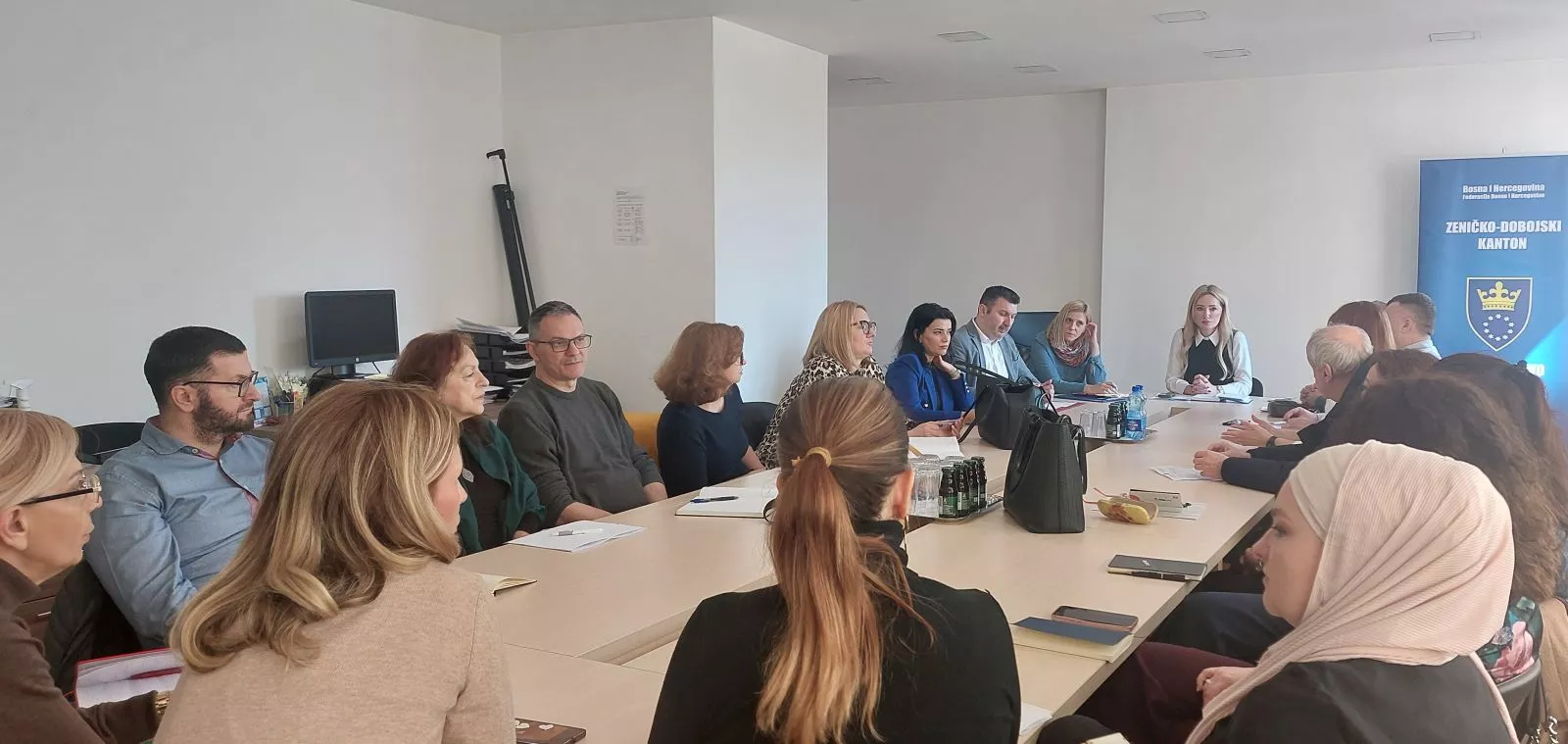
Zajedničkim djelovanjem do većeg obuhvata vakcinacije u ZDK
Najčitanije
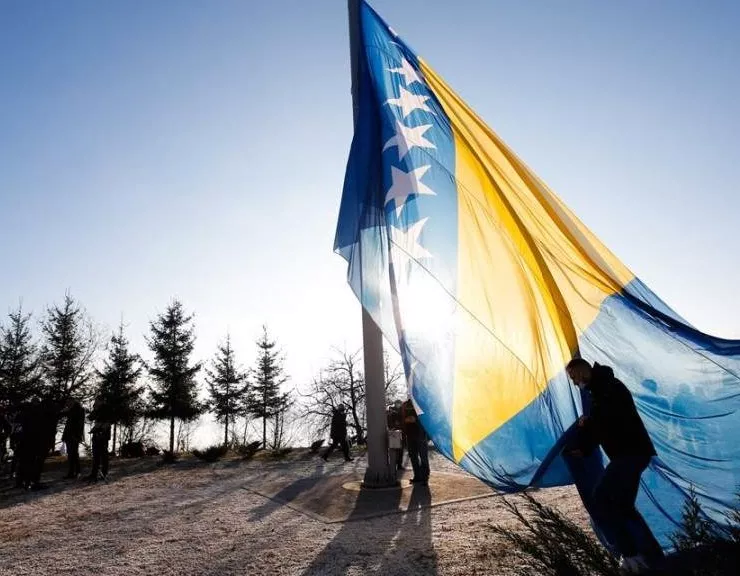
Dan nezavisnosti BiH obilježava se 1. marta i ne prenosi se, Hota-Muminović proglasila i 2. mart neradnim danom?
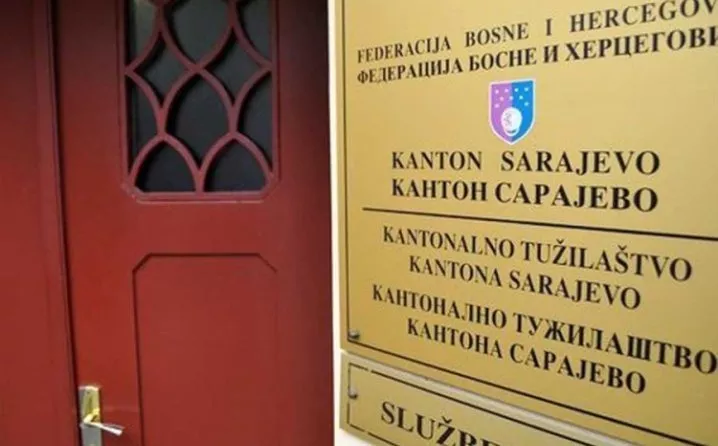
ŠTETA I UK NE ZNAJU Tužilaštvo KS neće provoditi istragu o dugu KJKP Gras zbog neplaćanja poreza i doprinosa
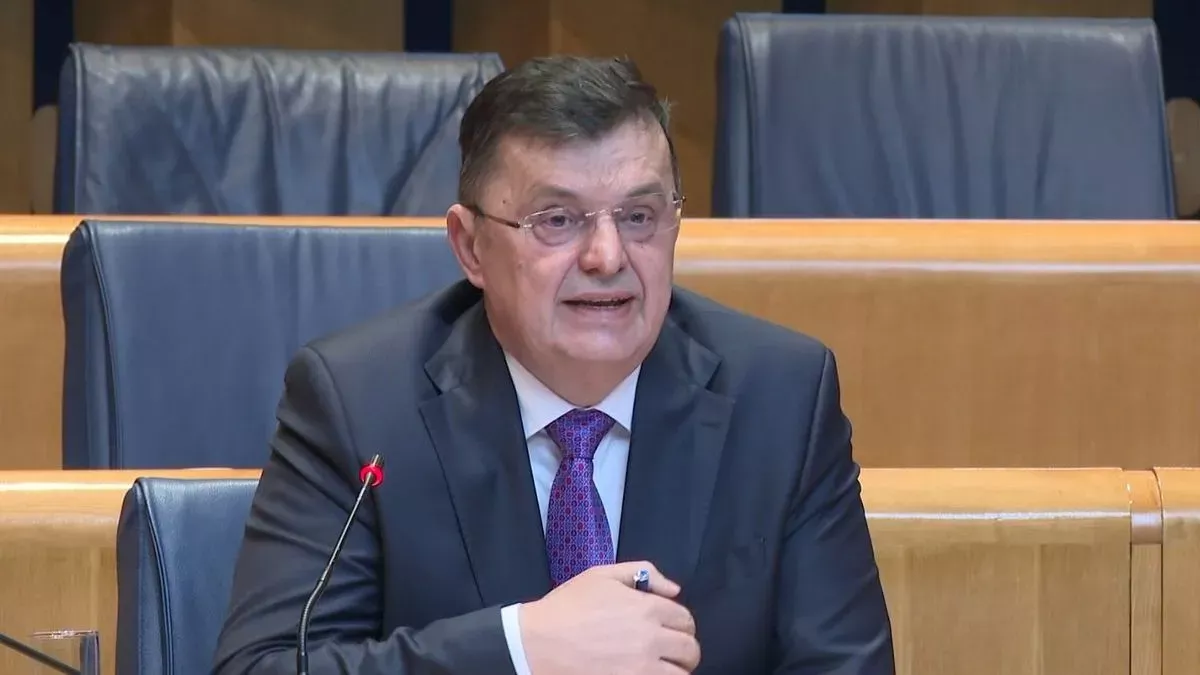
Komisiji za borbu protiv korupcije stigle prijave: Ko unaprijed gradi carinske terminale za UIO i kome se pogoduje
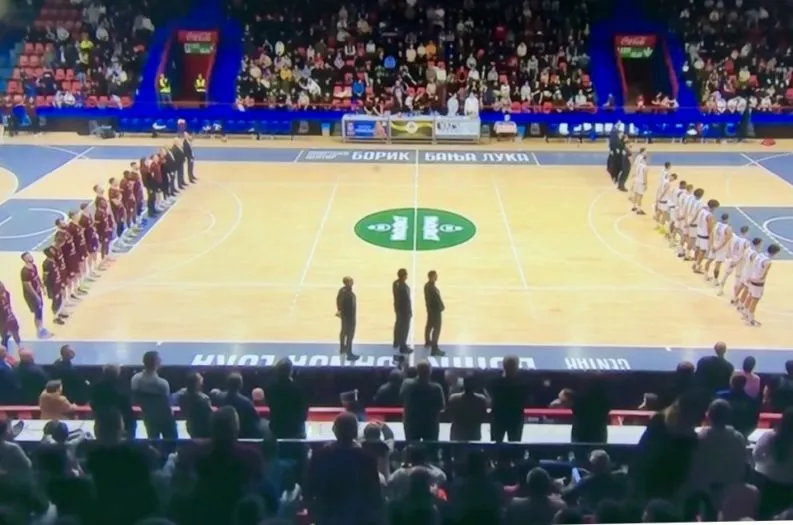
UTAKMICA BORCA I BOSNE U Banja Luci izviždana i prekinuto intoniranje himne BiH

Vlada KS: Rekonstruisana tramvajska pruga ima sve upotrebne dozvole
